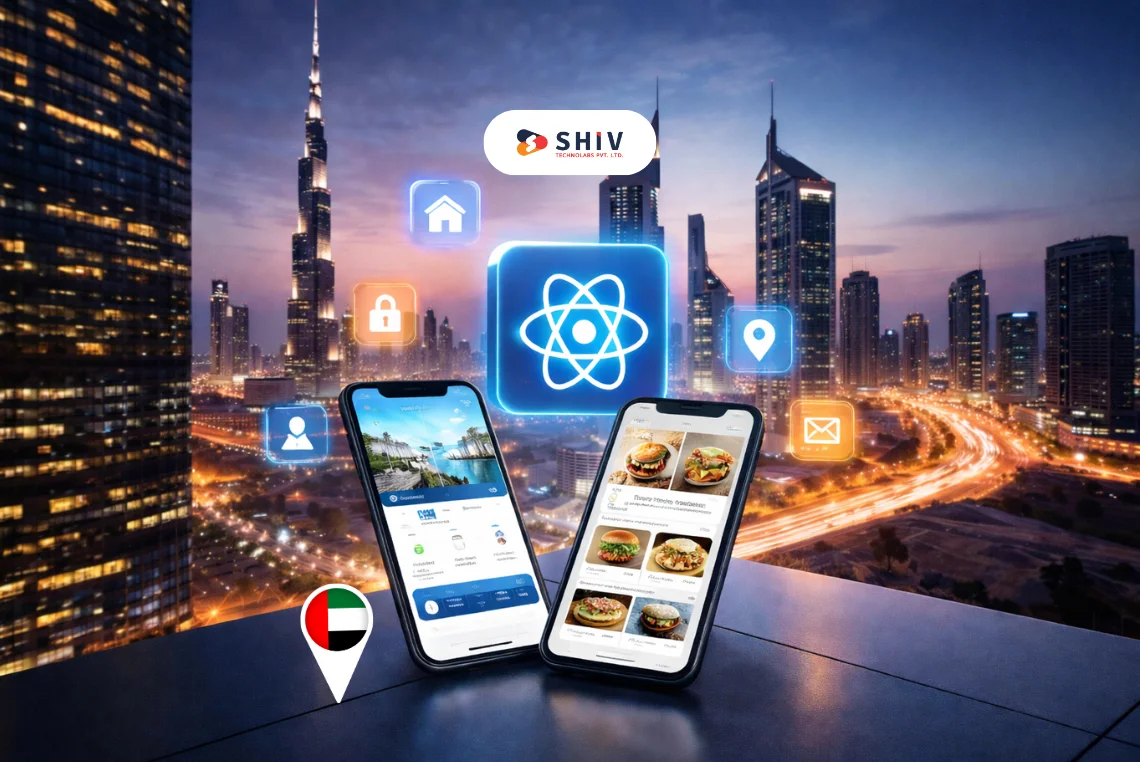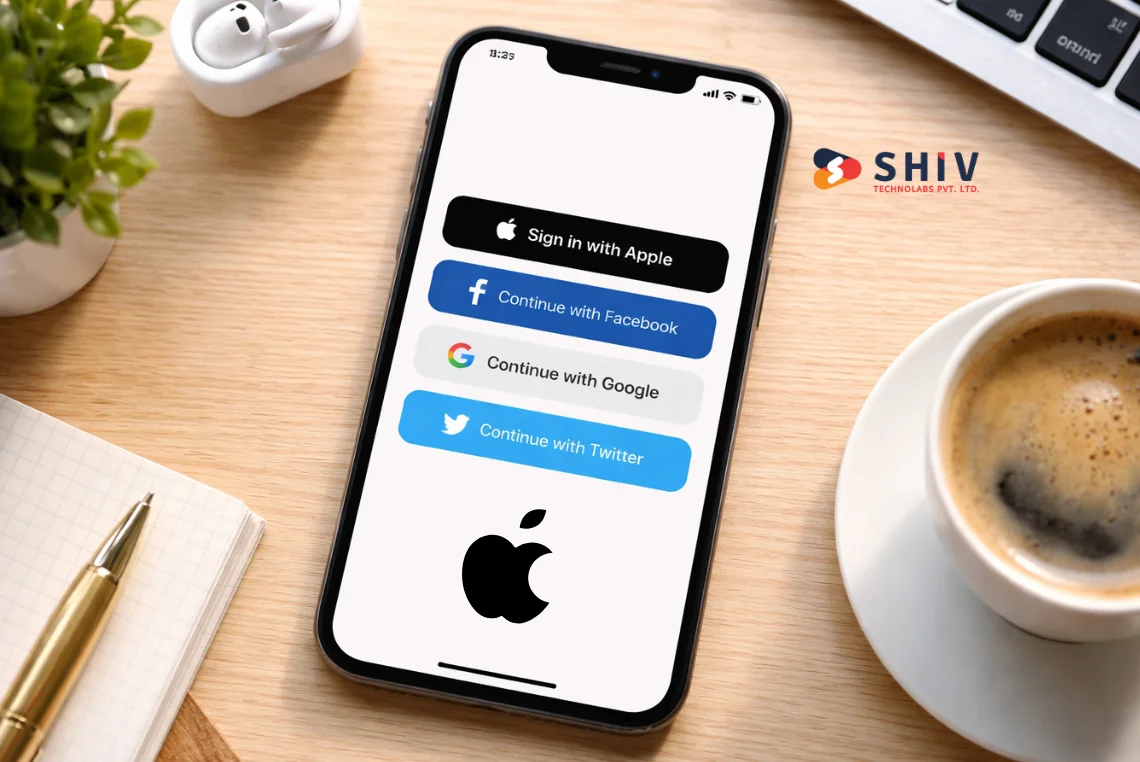Table of Contents
Starting a business in Singapore isn’t easy. The pace is fast, competition is high, and costs add up quickly. Every choice matters, especially when you’re planning a mobile app.
Most people use either Android or iOS, so naturally, startups want their app on both. But hiring two separate teams? That’s double the work, double the money, and double the time.
For early-stage teams trying to grow fast, that’s a big problem. That’s why many of them go with a cross-platform mobile app development company. It’s one codebase for both platforms. Simple. Clean. Efficient.
Why Startups Choose Cross-Platform Development in Singapore
Hiring two different developers for two apps isn’t realistic for most small teams. You’ve got one developer, maybe two, and they need to move fast. It’s hard enough to build one good app; building two slows everything down.
With technology like Flutter or React Native, you can build once and ship it everywhere. That helps cut down bugs and makes updates easier. One change works on both iOS and Android.
Also, budgets are tight. Whether it’s investor money or personal savings, spending smart matters. Cross-platform helps startups do more without hiring a big team.
Proof in the Numbers
There’s solid data behind this shift. It’s not just about saving effort – it’s showing real results:
| What We Know | What It Means |
|---|---|
| 70% of local startups | Use tools that target both platforms |
| 42% cost savings reported | When using Flutter or React Native |
| 30% faster launches | Due to single-code builds |
(Source: SGTech 2024, Google Dev Report)
Startups want to get products out quickly and fix things later. Cross-platform makes that possible.
Where Cross-Platform Works Well
Not every app needs to be built the hard way. A lot of startup apps are simple: they show content, let users interact, or handle purchases.
| App Type | Why Cross-Platform Fits |
|---|---|
| Finance tools | Easy updates, fewer bugs |
| Marketplaces | Clean layouts across all devices |
| SaaS dashboards | Fast testing, easier to maintain |
If your app doesn’t need deep device access, there’s no strong reason to go native first.
Top Technology Singapore Startups Trust for Cross-Platform Apps

Most Singapore startups pick between Flutter and React Native. These two are the most trusted options right now. Both allow developers to build apps that run on Android and iOS using one codebase.
Flutter is built by Google. It gives you full control over how your app looks and feels. React Native is from Meta and works well if your team already knows JavaScript. Both tools are open-source and have huge communities, so support is never far away.
Flutter vs. React Native: What’s the Difference?
Here’s a quick look at how these tools compare:
| Feature | Flutter | React Native |
|---|---|---|
| Language | Dart | JavaScript |
| UI Performance | Strong control over design | Depends on native components |
| Community | Growing fast | Already very large |
| Learning Curve | Takes more time to learn | Easier for web developers |
Both work well for startups. If you want full design control, go with Flutter. If your team knows JS, React Native might be quicker.
How to Choose the Right Cross-Platform App Development Team in Singapore
Picking a good team matters just as much as picking the right tool. Many Singapore startups now work with a cross platform mobile app development company locals trust. These teams understand the local market, user habits, and device preferences.
Here’s what to look for when hiring:
- Experience with both Flutter and React Native
- A clear process for testing and fixing bugs
- Past work in your industry (e.g., fintech, eCommerce)
- Willingness to adjust based on feedback
Don’t just pick the cheapest option. You need a team that understands both tech and your business.
Real Startup Use Cases in Singapore
Let’s break down how some types of startups are using cross-platform tech today:
| Startup Type | Use Case |
|---|---|
| Healthtech app | Syncs with devices, tracks fitness goals |
| Food delivery app | Works smoothly across different phone brands |
| Language learning | Same experience for all users worldwide |
These companies saved time by using shared code. They also launched sooner, which helped them test faster and fix early bugs before scaling.
How Cross-Platform Development Speeds Up App Launch for Singapore Startups

Singapore startups work under pressure. They need to launch fast, test quickly, and fix issues without delay. Cross-platform development supports that pace. One codebase runs on both Android and iOS. Teams don’t waste time duplicating the same work for each platform.
This approach simplifies the development cycle. Fewer moving parts lead to fewer bugs. Teams update features once and release them everywhere. That keeps the product stable across devices and saves hours during testing.
Faster delivery doesn’t mean lower quality. It means using the right tools to move without delay. Cross-platform app development helps startups stay on track and get to users before the market shifts
Cost Breakdown for Cross-Platform Apps in Singapore
Every project requires planning. Costs depend on features, team size, and timelines. Here’s the cost breakdown:
| App Type | Estimated Cost (USD) |
|---|---|
| MVP with simple screens | $5,000 – $12,000 |
| App with login, chat, or payments | $12,000 – $25,000 |
| Advanced app with backend, custom flows | $25,000 – $50,000+ |
Cross-platform development avoids building two separate apps. This cuts costs by up to 40%. One team delivers for both platforms. Updates apply to all users instantly.
Why Singapore Startups Trust Shiv Technolabs for App Development
Shiv Technolabs partners with startups across Singapore. The team builds apps using Flutter, React Native, and modern tools. Work includes MVPs, mid-scale apps, and production-ready products.
Processes remain clear from day one. Developers follow agile cycles. Clients receive regular progress reports. Shiv Technolabs stays focused on timelines, performance, and user experience.
Teams include business analysts, UI/UX experts, and skilled developers. Results stay stable, fast, and scalable. Support continues after launch.
Conclusion
Cross-platform app development helps startups in Singapore build faster. You don’t need to create two apps. One set of code works on both Android and iOS. This saves time and avoids extra work.
This method fits small teams with short timelines and limited budgets. Updates take less time. Testing is easier. A single change works on all devices. This lets your team stay focused on building your app, not fixing the same things twice.
Good results also need a good team. Clear steps, clean code, and support during launch matter. Shiv Technolabs works with startups at every stage. If you plan to build an app, talk to a trusted Mobile App Development Company in Singapore.
FAQs About Cross-Platform App Development in Singapore
1. Is cross-platform development suitable for startups in Singapore?
Yes. It works well for most apps built by local startups. It’s a smart choice for MVPs, business tools, and service-based apps. If the app needs advanced 3D graphics or hardware control, native may be better.
2. How long does it take to build in Singapore?
A simple cross-platform app takes 4–6 weeks. More complex projects with payments or live chat may need 8–12 weeks. Local teams often work within these timelines.
3. Can I update my app later?
Yes. Most Singapore-based developers use tools like Flutter or React Native. These allow easy updates after launch.
4. Will it work the same on iOS and Android?
Yes, the user experience stays consistent. A few small design changes may appear due to device rules.
5. Is cross-platform more cost-effective for startups in Singapore?
Yes. One build runs on both platforms. This helps cut development costs by 30–40%.























